The global trend towards electric vehicles and sustainable transportation is irreversible.
To accelerate the conversion, President Joe Biden’s administration is investing billions of dollars to strengthen the charging infrastructure and solidify America’s position in the electric revolution.
As the green revolution gains momentum worldwide, governments are taking the driver’s seat. According to the US Department of Transportation, the Biden administration recently announced an additional $623 million funding to develop an electric vehicle charging network.
The funding will be used to deploy public charging stations along major travel corridors. This initiative aims to promote job creation and reinforce America’s leadership in the charging industry.
Washington Takes Action
The $623 million funding is part of the ambitious goals set by the White House. It aims to build a convenient, affordable, and Made-in-America electric vehicle charging network with at least 500,000 public charging stations by 2030.
This funding is part of the $2.5 billion Clean Fuel Infrastructure Program (CFI) under the Bipartisan Infrastructure Law. The program will support 47 electric vehicle and clean fuel infrastructure projects in 22 states and Puerto Rico, including the construction of 7,500 electric vehicle charging stations.
In addition, there is a $5 billion National Electric Vehicle Charging Infrastructure program to build a backbone for fast charging along highways nationwide.
Recently, the Biden administration also announced nearly $150 million in funding to repair, upgrade, or replace existing 4,500 electric vehicle charging stations.
With President Biden’s support, electric vehicle sales in the United States have quadrupled, the number of public charging points has increased by nearly 70%, and over 4 million electric vehicles are currently on the road. Private companies have also invested over $144 billion in the electric vehicle and battery supply chain under the current administration. Electric vehicles play a crucial role in the transition to sustainable transportation, reducing emissions, air pollution, and greenhouse gas emissions.
“The United States has led the automotive era, and now we are once again at the forefront of the electric vehicle revolution to ensure the jobs, money, and benefits for Americans in this process,” emphasized US Transportation Secretary Pete Buttigieg. He stressed that the funding will make it easier for American drivers to access charging stations and create employment opportunities in the manufacturing, installation, and maintenance of chargers for American workers.
The Secretary highlighted that the electric vehicle revolution is here. “We have to ensure that everyone, from the largest cities to rural communities, can access reliable electric vehicle charging infrastructure,” he added.
No One Left Behind in the Electric Revolution
To quickly expand the electric vehicle market share, some carmakers have been implementing policies to reduce prices. Meanwhile, brands like VinFast are expanding their electric vehicle product range to make sustainable transportation accessible to everyone. This benefits consumers.
With investments from the US government, the cost of owning an electric vehicle, including charging costs, is also decreasing for Americans.
According to US Energy Secretary Jennifer M. Granholm, every community across the country deserves access to clean, convenient, and reliable transportation. “The Biden administration is building a domestic electric vehicle charging network that brings thousands of chargers within reach of communities while reducing the carbon pollution that is fueling the climate crisis,” emphasized the official.
The recently announced $623 million funding includes $10 million for the New Jerrsey Environmental Protection Agency to build electric vehicle charging stations for residents in disadvantaged communities and rural areas; $15 million for the Maryland Clean Energy Center to build 58 electric vehicle charging stations in urban, suburban, low-income, and moderate-income communities; $70 million for the North Central Texas Council of Governments; $15 million for Contra Costa County in California; $15 million for Energy Northwest, the operating agency in Washington State; $12 million for the City of Mesa, Arizona; and $1.4 million for the Chilkoot Indian Association.
US Deputy Secretary of Transportation Polly Trottenberg said, “From my work at the local level, I know that finding a charging station in underserved communities is much harder than on the highway.” The official affirmed that these investments will provide Americans with convenient and straightforward options for charging their electric vehicles in their own neighborhoods.
TH (Tuoitrethudo)


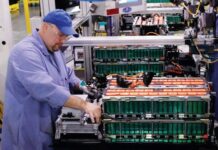

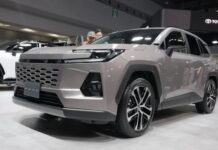



















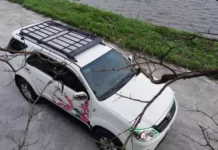
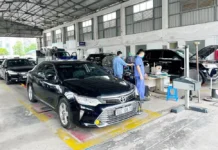
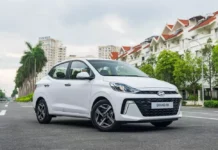

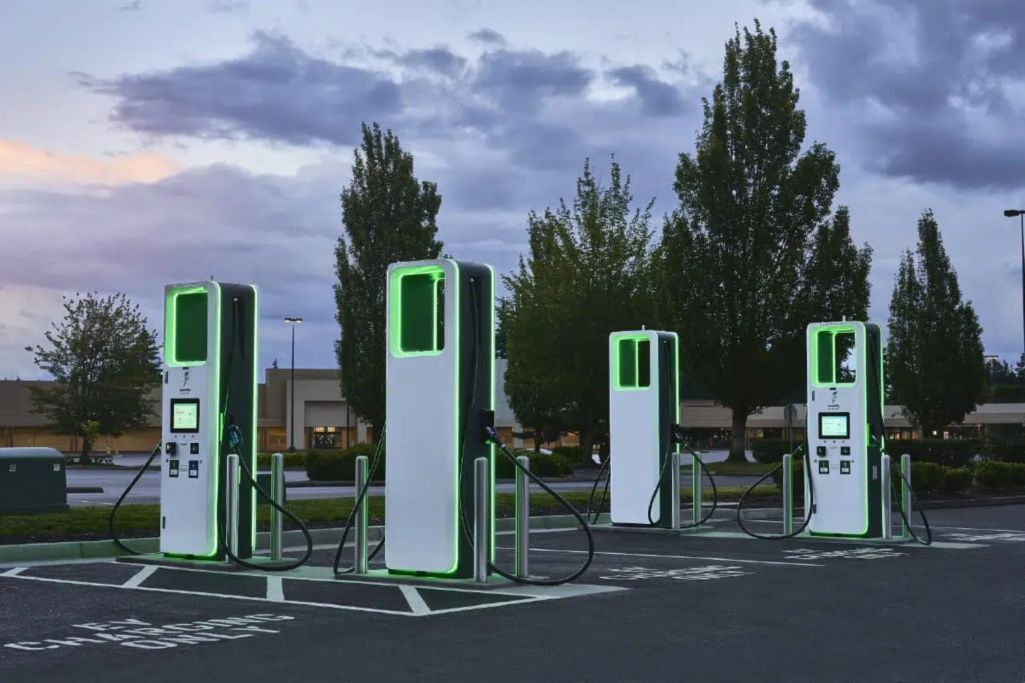
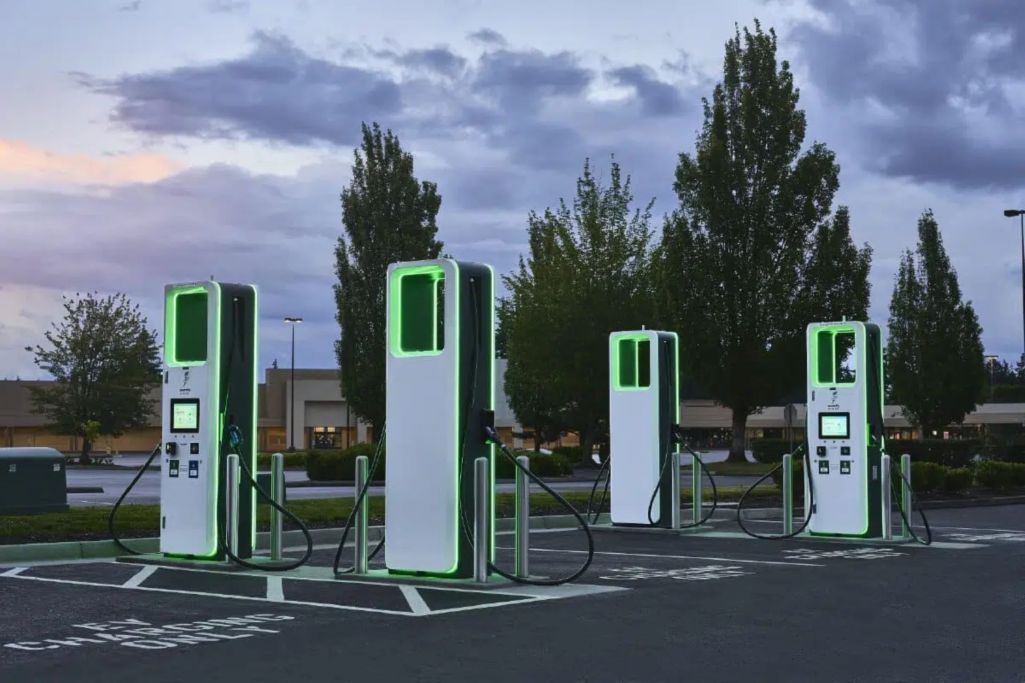
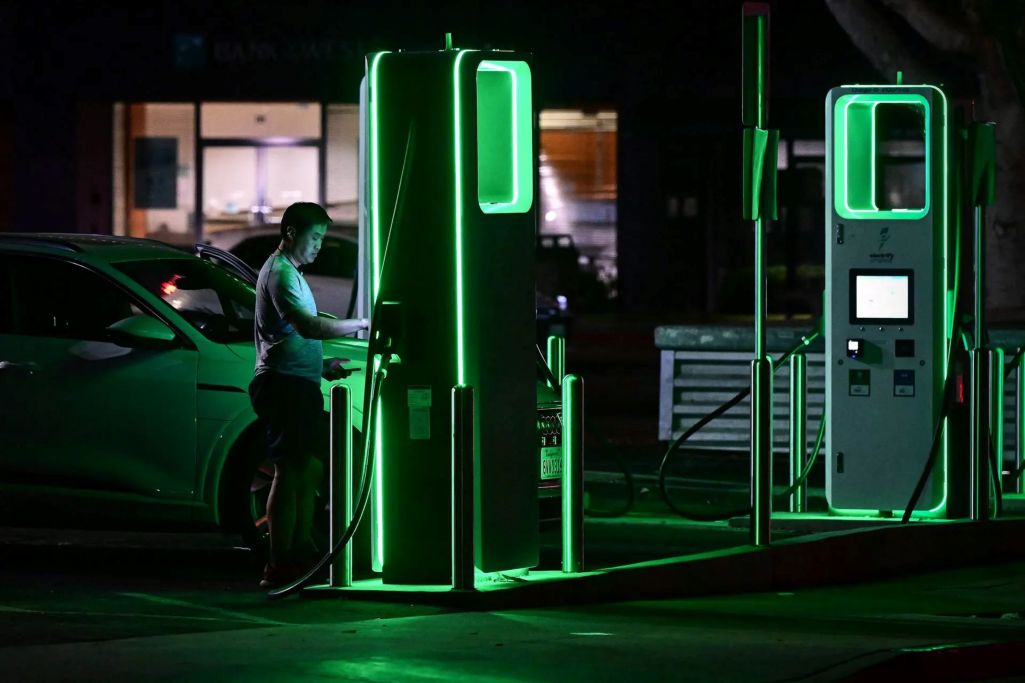

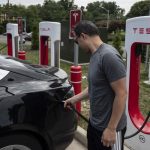

![[Quick Review] Hyundai IONIQ 5 – A Vehicle from the Future](https://vnauto.net/wp-content/uploads/2023/10/xehay-hyundaiioniq5-18052022-2-150x150.jpg)












